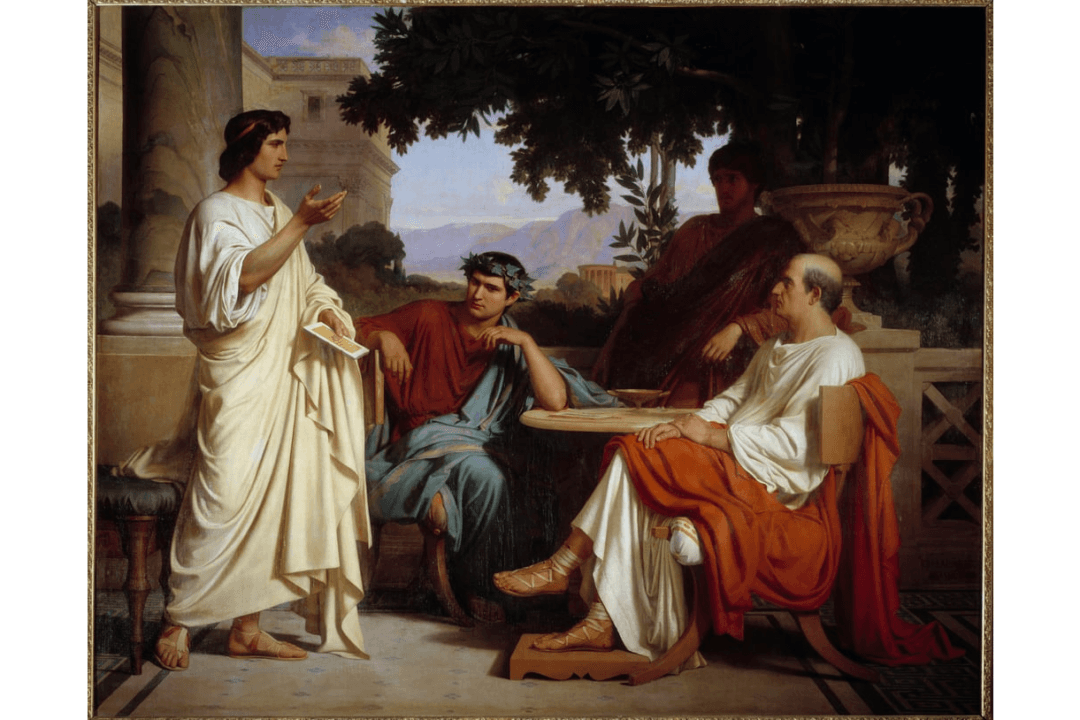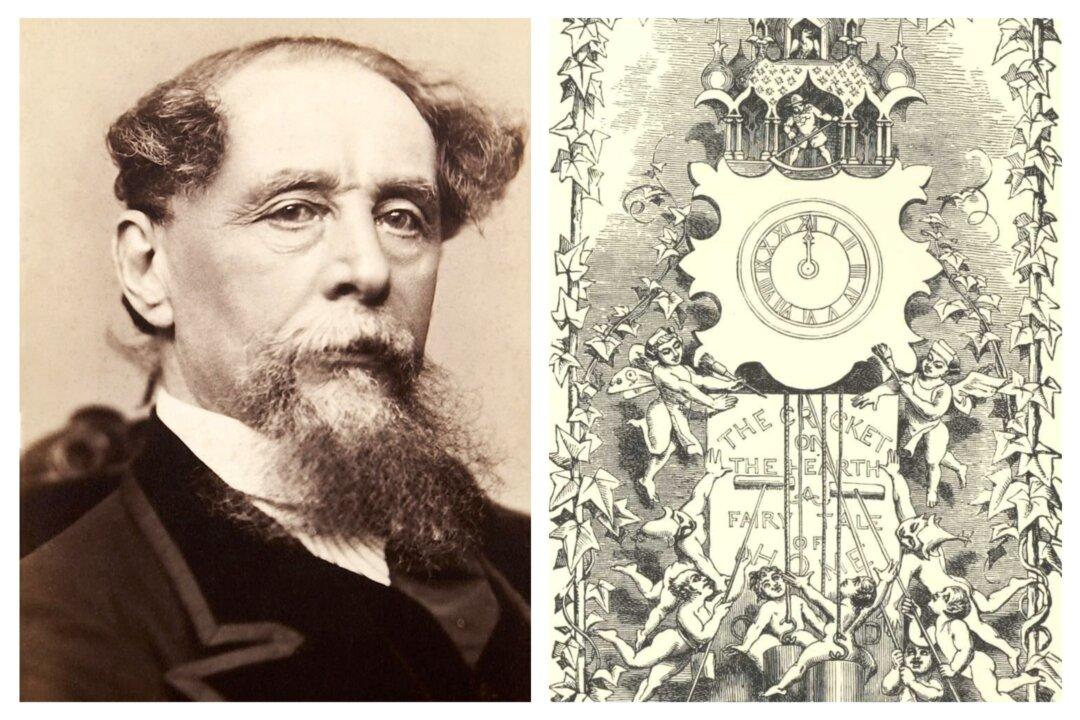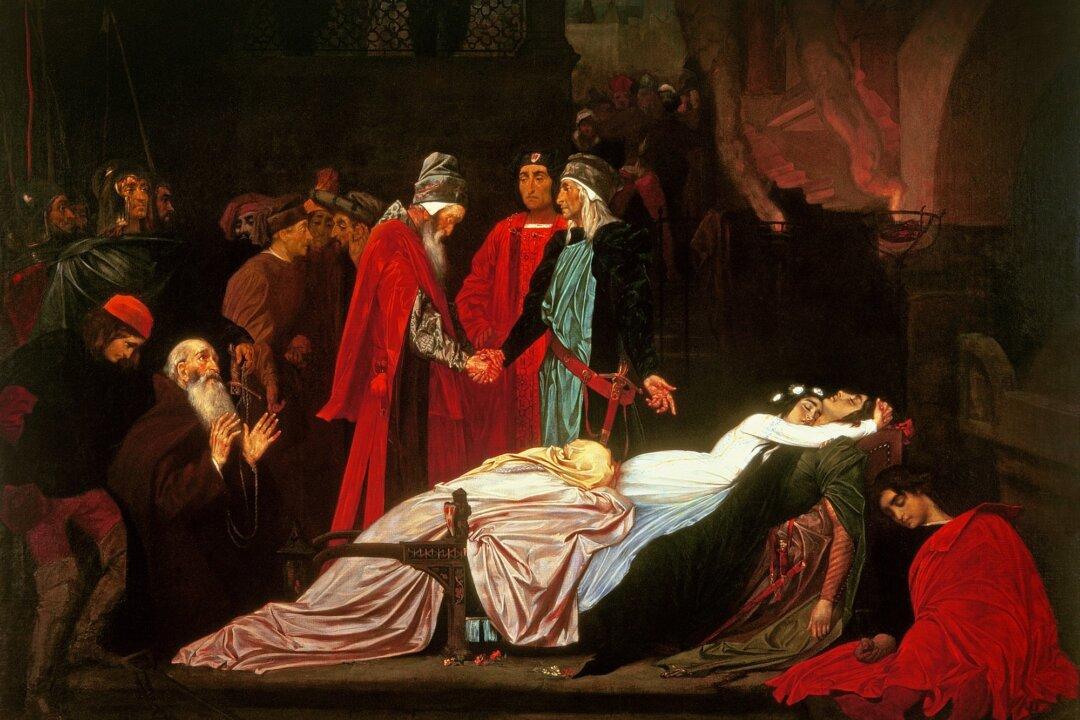The First Lines of ‘Georgics’
What makes the cornfield smile; beneath what star Maecenas, it is meet to turn the sod Or marry elm with vine; how tend the steer; What pains for cattle-keeping, or what proof Of patient trial serves for thrifty bees;- Such are my themes.
O universal lights Most glorious! ye that lead the gliding year Along the sky, Liber and Ceres mild, If by your bounty holpen earth once changed Chaonian acorn for the plump wheat-ear, And mingled with the grape, your new-found gift, The draughts of Achelous; and ye Fauns To rustics ever kind, come foot it, Fauns And Dryad-maids together; your gifts I sing. And thou, for whose delight the war-horse first Sprang from earth’s womb at thy great trident’s stroke, Neptune; and haunter of the groves, for whom Three hundred snow-white heifers browse the brakes, The fertile brakes of Ceos; and clothed in power, Thy native forest and Lycean lawns, Pan, shepherd-god, forsaking, as the love Of thine own Maenalus constrains thee, hear And help, O lord of Tegea! And thou, too, Minerva, from whose hand the olive sprung; And boy-discoverer of the curved plough; And, bearing a young cypress root-uptorn, Silvanus, and Gods all and Goddesses, Who make the fields your care, both ye who nurse The tender unsown increase, and from heaven Shed on man’s sowing the riches of your rain.





